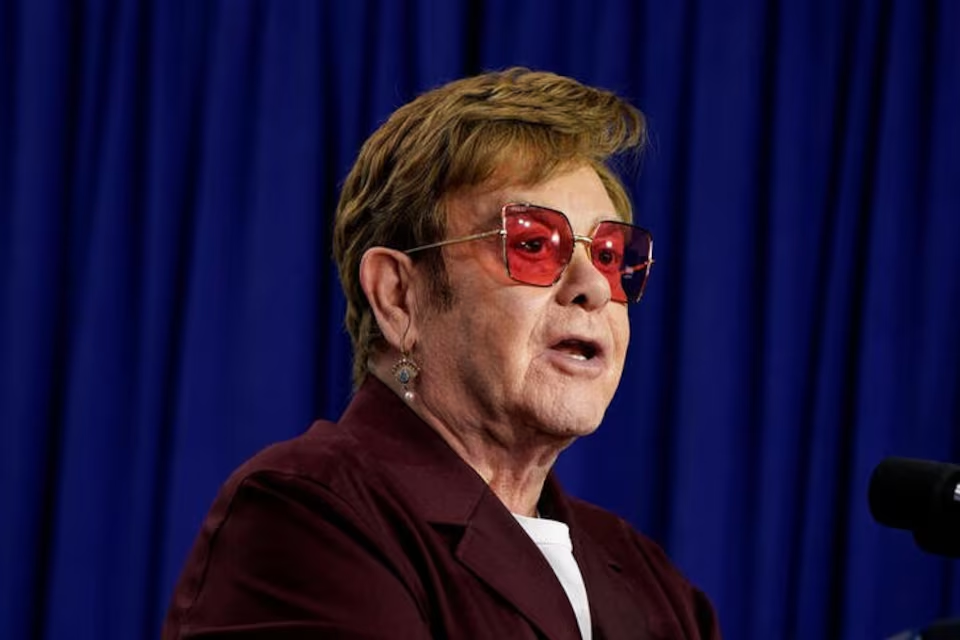Former Sheffield United Defender Death

The England-born Greece international defender George Baldock was found dead in his swimming pool at his residence in Glyfada, southern Athens. Despite desperate attempts by the police to revive him, the 31-year-old was pronounced dead at the scene, sending shockwaves throughout the football world.
Baldock had been enjoying his new life at Panathinaikos following a seven-year stint at Sheffield United. The talented right-back had only made four appearances for his new club, but his impact on the team and the fans had already begun to be felt.
Baldock’s unexpected demise has left the Greece national team, his current and former clubs, as well as the football community at large, mourning the loss of a promising talent and a genuinely well-liked figure.
The defender, who had chosen to represent Greece due to his Greek grandmother, had already established himself as a regular fixture in the national team, earning 12 caps since making his debut in June 2022. His teammates and coaches are said to be deeply affected by his passing.
The football world is still reeling from the tragic news of Baldock’s untimely death, which remains shrouded in mystery until the autopsy report is released.
As fans, players, and coaches alike struggle to come to terms with the devastating loss, one thing is certain – George Baldock’s short but impactful career will not be forgotten.
The fact that the Greece national team has requested special permission to honor his memory during their match against England is a testament to Baldock’s enduring legacy and the depth of his impact on those around him.
Baldock’s death comes at a time when the conversation surrounding mental health and wellness in sports is gaining more attention. While the circumstances surrounding his death remain unknown, his loss serves as a stark reminder of the importance of mental health support for athletes, who often face immense pressure to perform and succeed in a highly competitive environment.
Whether the cause of death was related to mental health or not, this tragic incident highlights the need for greater awareness and support for athletes struggling with mental health issues, and the importance of creating a safe and supportive environment where they can seek help without fear of stigma or judgment.
The aftermath of Baldock’s passing will undoubtedly have a profound effect on the football community and beyond. As teams, leagues, and national governing bodies grapple with the emotional fallout, this tragedy serves as a wake-up call to prioritize mental health and well-being in the sports world.
Moving forward, clubs and teams may consider implementing more comprehensive mental health support programs for their players, including access to counseling, therapy, and education on mental health awareness.
Additionally, it is vital for fans and media to adopt a more sensitive and empathetic approach when discussing and reporting on mental health issues in sports.
As the world of football continues to reel from Baldock’s death, it is important to remember the countless lives that he touched throughout his life, both on and off the pitch.
While the circumstances of his passing are heartbreaking, the legacy that he leaves behind will continue to inspire and resonate with those who knew and loved him.
His passion for the game, his dedication to his teammates, and his commitment to his family and friends will be remembered long after he is gone.
The grief and shock felt by Baldock’s loved ones, friends, and fans will take time to process and heal. In the meantime, the best way to honor his memory is to remember the joy and passion he brought to the sport of football, and to continue to support and promote the importance of mental health awareness in sports and beyond.
Baldock’s life may have been cut tragically short, but his impact on the game of football, and the people he touched, will live on for generations to come.
While the football community grieves the loss of Baldock, the responsibility for carrying on his legacy and promoting mental health awareness now falls on those who remain.
The burden of this responsibility may seem heavy, but it is also an opportunity for the sport to come together and enact meaningful change.
By prioritizing mental health support, destigmatizing mental illness, and providing resources to players, teams, and fans, we can ensure that Baldock’s death is not in vain, and that his memory is honored through a more compassionate and understanding approach to mental health in sports.






